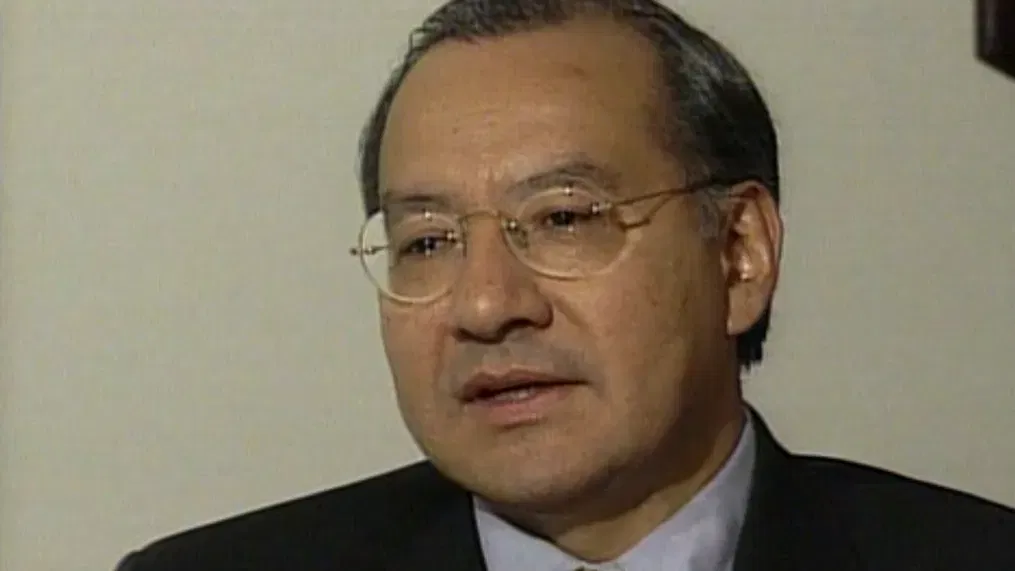Manuel Rocha, a former US ambassador to Bolivia, has been arrested and charged with serving as a Cuban agent for over four decades.
US Attorney General Merrick Garland described Rocha's alleged espionage as "one of the highest-reaching and longest-lasting infiltrations of the US government by a foreign agent." While Rocha has yet to enter a plea, many are left bewildered as to how he could have ascended the ranks of the US diplomatic service while concealing his true allegiance.
Rocha, a naturalized U.S. citizen originally from Colombia, secretly supported the Republic of Cuba and its clandestine intelligence-gathering mission against the United States by serving as a covert agent of Cuba’s General Directorate of Intelligence. Rocha obtained employment in the U.S. Department of State between 1981 and 2002, in positions that provided him access to nonpublic information, including classified information, and the ability to affect U.S. foreign policy.
Rocha began his State Department career in 1981, rising through the ranks to serve in a variety of roles, including: from February 1989 until November 1991, as the First Secretary at the U.S. Embassy in Mexico City, Mexico; from iovember 1991 until July 1994, as the Deputy Chief of Mission at the U.S. Embassy in Santo Domingo, Dominican Republic; from 1994 until July 1995, as a Department of State employee, as the Director of Inter-American Affairs on the U.S. National Security Council, with special responsibility for, among other things, Cuba; from July 1995 until July 1997, as Deputy Principal Officer at the U.S. Interests Section in Havana, Cuba; from July 1997 until November 1999, as Deputy Chief of Mission at the U.S. Embassy in Buenos Aires, Argentina; and from November 1999 until August 2002, as Ambassador to Bolivia at the U.S. Embassy in La Paz, Bolivia.
After his State Department employment ended, Rocha engaged in other acts intended to support Cuba’s intelligence services. From in or around 2006 until in or around 2012, Rocha was an advisor to the Commander of the U.S. Southern Command, a joint command of the United States military whose area of responsibility includes Cuba.
Investigators uncovered evidence, recorded by an undercover FBI officer posing as a Cuban government contact, that suggests Rocha harbored deep-seated sympathies for the Cuban Revolution. He is alleged to have described the United States as the "enemy" and praised the late Cuban leader, Fidel Castro. Moreover, he is said to have boasted about successfully maintaining his dual identity for decades.
Cuba, for its part, has remained silent on Rocha's arrest, the charges against him, and the allegations of his involvement in espionage. However, the country has consistently maintained its stance that it has employed every means at its disposal to defend the revolution against the ongoing efforts of successive US administrations to overthrow the communist government.
This case has underscored the enduring tensions between the US and Cuba and the challenges of maintaining security in the face of covert operations. The revelation of Rocha's alleged betrayal has undoubtedly cast a shadow over the US diplomatic corps and raised concerns about the extent of infiltration by foreign agents.










Trackbacks and Pingbacks